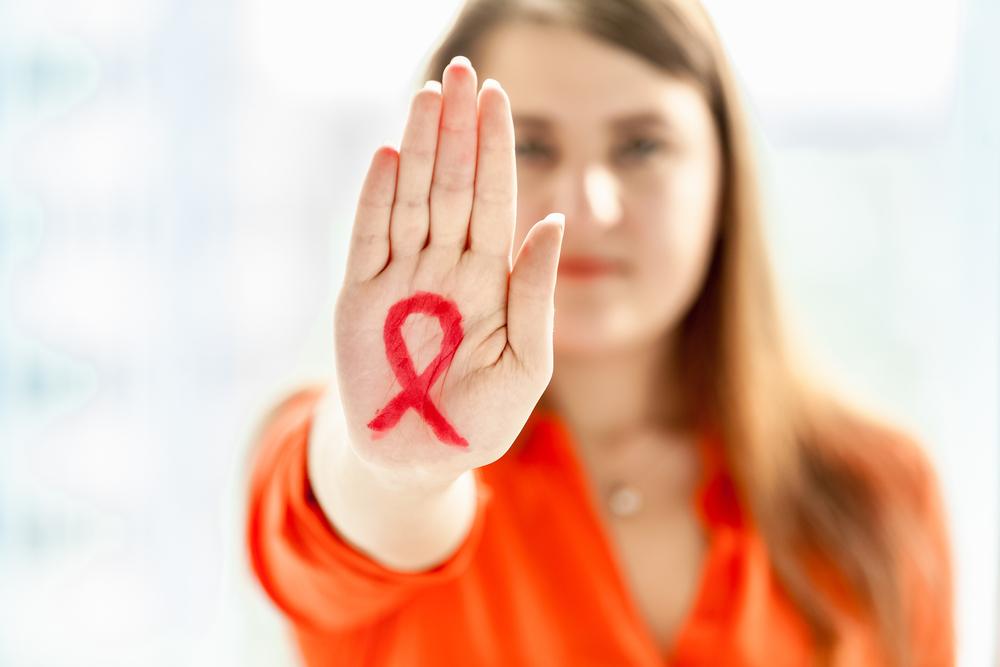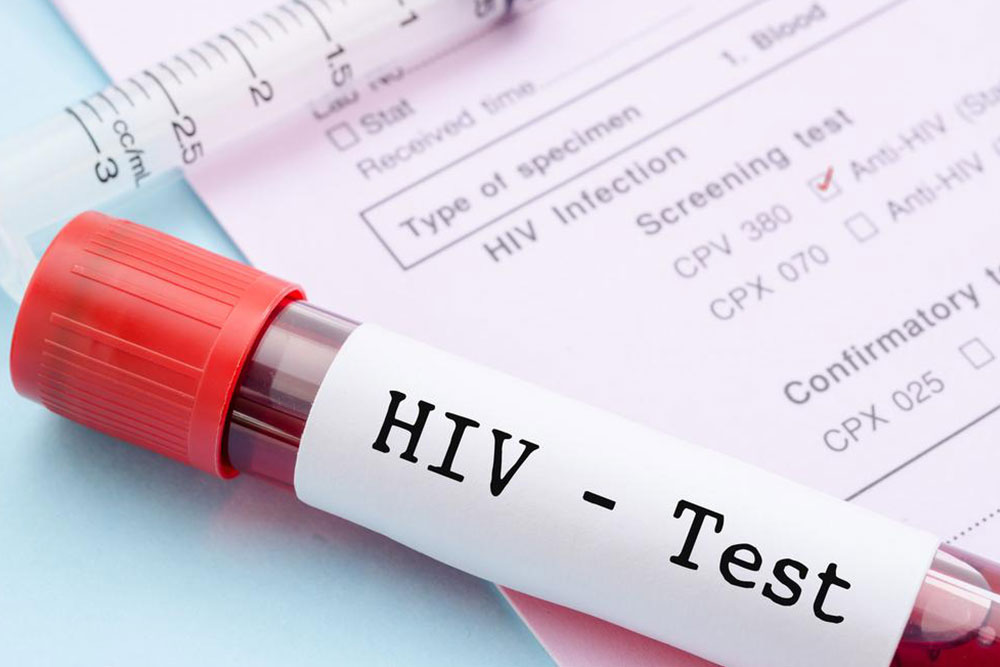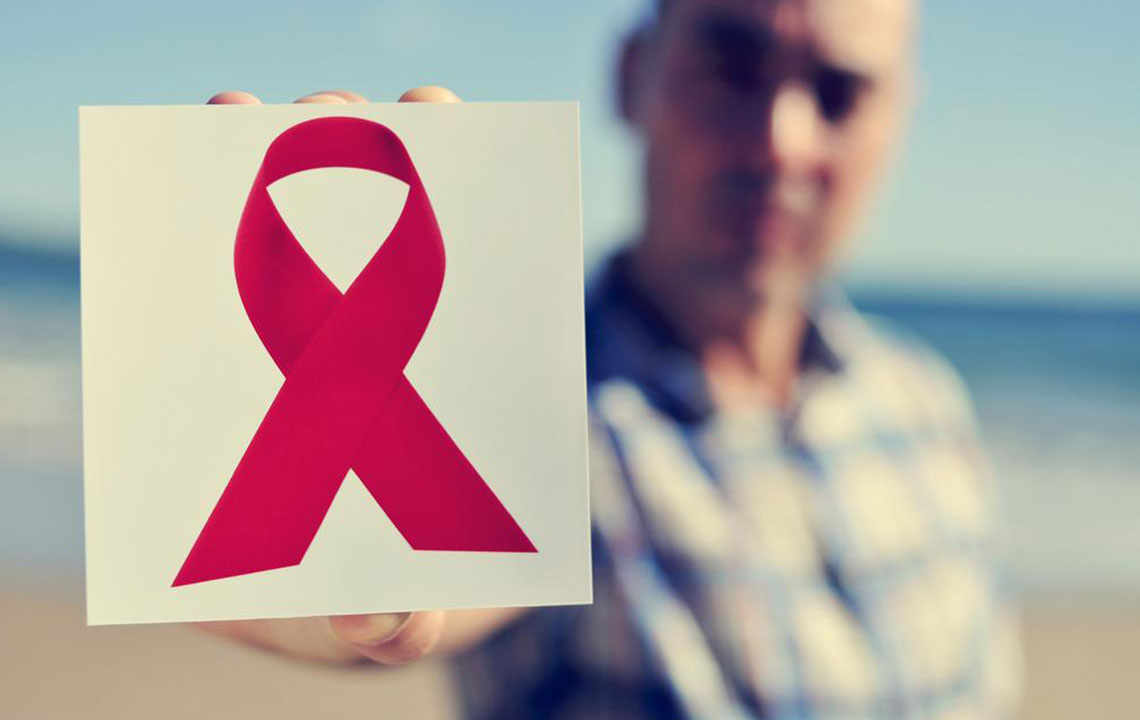Comprehensive Guide to HIV: Causes, Symptoms, and Treatment
This article provides an in-depth overview of HIV, covering causes, symptoms, prevention, and treatment options. It emphasizes the importance of early diagnosis and antiretroviral therapy to manage the disease effectively. The piece also highlights preventive measures, lifestyle adjustments, and supportive therapies to enhance quality of life for those affected. Aimed at raising awareness, the guide offers practical insights into living with HIV and underscores the significance of medical guidance.

Comprehensive Guide to HIV: Causes, Symptoms, and Treatment
Human Immunodeficiency Virus (HIV) is a retrovirus that impairs the immune system by targeting key cells like CD4 T lymphocytes. This weakening reduces the body's ability to fight infections, making individuals vulnerable to other diseases. Although HIV is a lifelong condition, if left untreated, it can progress to AIDS, which can be fatal due to severe immune depletion. Early diagnosis and management are crucial to prevent complications and improve quality of life.
HIV transmission primarily occurs through unprotected sexual contact, sharing contaminated needles during injections, blood transfusions with unsterilized equipment, or from mother to child during childbirth or breastfeeding. Recognizing symptoms is vital; early signs include flu-like symptoms such as fever, fatigue, swollen glands, and rashes. Advanced stages may cause significant weight loss, persistent diarrhea, neurological issues, and increased risk of cancers like Kaposi's sarcoma and lymphoma.
While there is no cure for HIV, antiretroviral therapy (ART) effectively suppresses the virus, enabling individuals to live healthier lives. Regular medication adherence, healthy lifestyle choices, and vaccinations against preventable illnesses like influenza, hepatitis, and measles are essential. Complementary therapies like yoga, acupuncture, and naturopathy can support mental health and overall well-being.
Disclaimer: Our blog offers educational content based on research. Readers should consult healthcare professionals for personalized advice. We do not guarantee the accuracy of third-party information presented here.










